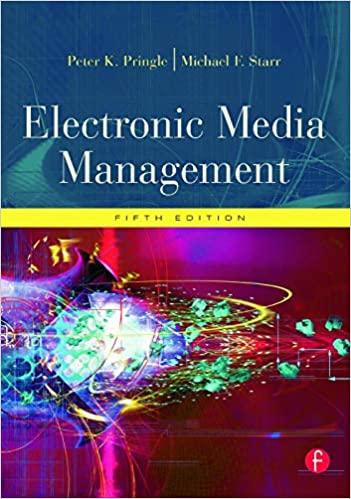Question
Scenario 3 In the lunchroom at your workplace, a colleague (Jan) is reading the paper. After reading an article about increases in funding for health
| Scenario 3 |
| In the lunchroom at your workplace, a colleague (Jan) is reading the paper. After reading an article about increases in funding for health and housing for Aboriginal and Torres Strait Islander people, Jan makes a comment about Aboriginal and Torres Strait Islander people "expecting Government handouts" and say that they "should stop living in the past". Jan always prefaces these comments with "I'm not a racist, but ...." You notice that another colleague, whom you know to be from an Aboriginal background, become upset and leave the room. You know these are opinions that Jan has expressed before and that it seems to be deeply ingrained. Nobody else seems to mind this behaviour, and you are also aware that several other colleagues also agree with these views, even if they avoid saying it out loud in the presence of others. Sometimes, the lunchroom discussions get quite heated, with people using derogatory terms when making comments about Aboriginal and Torres Strait Islander people. You are working in a situation where you and your colleagues frequently work with Aboriginal and Torres Strait Islander clients, and some of the staff are also of Aboriginal and Torres Strait Islander descent. |
1. How do these opinions impact the way you carry out your work, both in working with your colleagues and in dealing with your clients?
2. Have any laws been broken? Are there consequences of breaching any laws?
3. How do these attitudes impact the job role and mental health of the employee who left the room?
4. How would you follow up with the Aboriginal and Torres Strait Islander person who left the room after hearing the offensive comments? How would you address the potential needs of this person and the impacts of the discrimination they have experienced?
5. What resources or assistance can be accessed to support the organisation in resolving the issues identified within this scenario, as well as potentially planning to address ongoing difficulties if the behaviour continues?
| Scenario 3 (continued) |
| Later that day, you take time to reflect on the situation which occurred earlier. You decide to increase your knowledge and understanding of the Aboriginal and Torres Strait Islander people to improve the service you offer to clients and provide this information amongst the staff in the organisation. |
6. Conduct your own research and explain the historical issues and conditions that have impacted Aboriginal and/or Torres Strait Islander people and continue to impact their lives.
Your response must be at least fifty words.
7.Conduct your own research and explain the current social, political and economic issues affecting Aboriginal and/or Torres Strait Islander people.
Your response must be at least fifty words.
8.Conduct your own research and explain how western or mainstream systems and structures can be perceived by and can impact Aboriginal and/or Torres Strait Islander people and their engagement with services.
Your response must be at least fifty words.
Step by Step Solution
There are 3 Steps involved in it
Step: 1

Get Instant Access to Expert-Tailored Solutions
See step-by-step solutions with expert insights and AI powered tools for academic success
Step: 2

Step: 3

Ace Your Homework with AI
Get the answers you need in no time with our AI-driven, step-by-step assistance
Get Started


